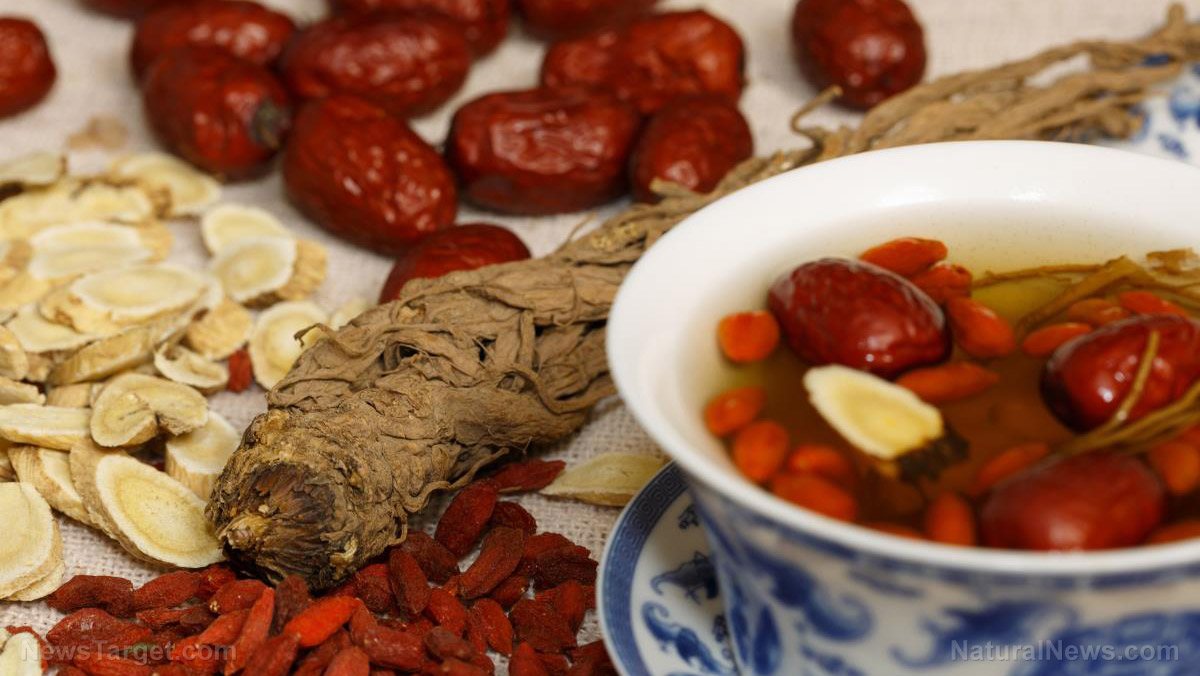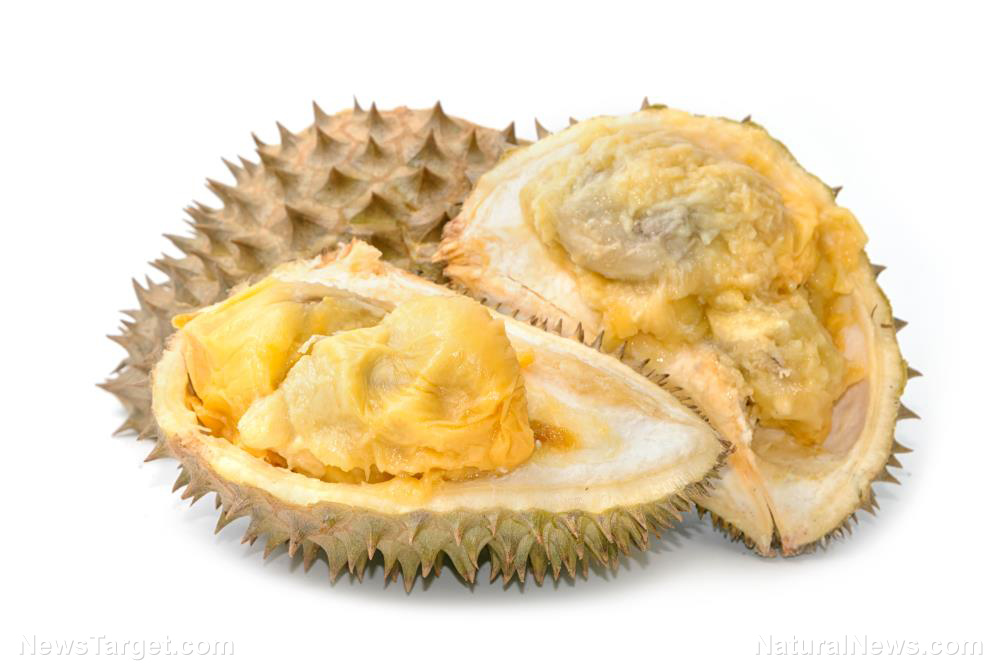Essential oils for the treatment of fungal diseases
09/25/2020 / By Evangelyn Rodriguez

Essential oils are known for their use in aromatherapy and massage therapy. When inhaled or applied topically, these natural products exert beneficial effects on mental health. Essential oils can also be used as remedies for common health problems, such as headache, constipation, sinus infections and skin infections. In fact, various essential oils are well-known for their antimicrobial properties.
In a recent review, researchers at SNDT Women’s University in India discussed the potential of various essential oils as antifungal agents. They specifically highlighted the oils derived from plants that belong to the genera Melaleuca (tea tree), Cymbopogon (lemongrass), Cinnamomum (cinnamon) and Thymus (thyme) because of their strong antifungal activity against common fungal pathogens.
Their full research was published in the Journal of Essential Oil Research.
The future role of essential oils
Mortality due to fungal infections, especially among immunocompromised individuals, has risen in recent years. Scientists have expressed concerns about the possibility of having no effective antifungal agent in the future because of the rapidly developing resistance of pathogenic fungi to currently available antifungal agents. For this reason, many studies are now being conducted to develop new strategies that involve reliable agents for the treatment of fungal diseases.
Essential oils derived from medicinal plants are known to have antimicrobial properties. According to the researchers, these oils are the hydrophobic secondary metabolites in plants and are multi-component in nature. Various essential oils have shown antifungal activities against pathogenic fungi like Aspergillus, Candida, Cryptococcus and Fusarium. These fungi are the most common causes of mortality in immunocompromised patients.
Essential oils that are effective against fungal pathogens
Essential oils extracted from tea tree, lemongrass, cinnamon and thyme have shown remarkable antifungal activities against the above-mentioned pathogenic fungi. Here are some other things researchers have found about these useful oils:
Tea tree oil
M. alternifolia, also known as tea tree, is a tall shrub that grows in Australia and in some parts of Asia. Tea tree oil is derived from the leaves of this medicinal plant, which is known for its antimicrobial properties. Indigenous Australians traditionally used tea tree leaves as a disinfectant for wounds and as a treatment for skin infections.
Today, tea tree oil is used to treat acne, athlete’s foot and oral yeast infections caused by Candida albicans. According to a study by German researchers, tea tree oil can stop the growth of different strains of C. albicans, various Candida species and Malassezia furfur, the fungus that causes seborrheic dermatitis.
Lemongrass oil
Lemongrass (C. citratus) is a tropical plant native to Southeast Asia. It is widely used as an herbal medicine because of its various medicinal properties. These include antimalarial, anti-mutagenic, anti-mycobacterial, antioxidant and hypoglycemic (blood sugar-lowering) activities. Researchers attribute these beneficial properties to the abundance of flavonoids and phenolic compounds in lemongrass, such as luteolin, quercetin, kaempferol and apigenin.
Lemongrass essential oil is also rich in active components. A study published in the Brazilian Journal of Infectious Diseases credits its antifungal activity, particularly against different Candida species, to citral, an aromatic compound that’s also found in orange peels. (Related: Fennel oil found to have antifungal activity against Candida albicans.)
Cinnamon oil
Cinnamon oil is derived from the bark or leaves of C. verum (Ceylon cinnamon) and C. cassia (Chinese cinnamon) trees. Most commercially available cinnamon oils, however, come from Chinese cinnamon. Cinnamon oil contains a compound called cinnamaldehyde that acts as an anti-inflammatory and antimicrobial agent. Research suggests that cinnamaldehyde can inhibit the growth of bacteria and fungi.
According to studies, cinnamon oil is effective against different species of Candida, even those that are resistant to the antifungal medicine, fluconazole. Chinese researchers also found that the combination of cinnamon oil and pogostemon oil is effective against intestinal Candida infections.
Thyme essential oil
The essential oil derived from Thymus vulgaris (garden thyme) has been widely studied for its wide spectrum of fungicidal activities. Thyme essential oil contains thymol, 1,8?cineole (eucalylptol) and p-cymene, which are plant compounds known for their antimicrobial properties.
A study published in Letters in Applied Microbiology tested thyme essential oil against different fungal species and found that it can effectively suppress their activities. The molds used in the study belonged to different genera of fungi, namely, Aspergillus, Penicillium, Alternaria, Ulocladium, Absidia, Mucor, Cladosporium, Trichoderma, Rhizopus, Chaetomium and Stachybotrys.
Essential oils are useful natural products with a wide range of medicinal applications. Not only are these aromatic oils capable of supporting mental health, but they can also serve as natural remedies for a variety of human ailments. With their abundance of active components, essential oils are a promising solution to the growing problem of microbial drug resistance.
Sources include:
Tagged Under: alternative medicine, Antifungal, antifungal agents, cinnamon, essential oils, fungal infections, Herbs, lemongrass, natural cures, natural medicine, Naturopathy, remedies, research, Tea Tree, thyme
RECENT NEWS & ARTICLES
Natural.News is a fact-based public education website published by Natural News Features, LLC.
All content copyright © 2018 by Natural News Features, LLC.
Contact Us with Tips or Corrections
All trademarks, registered trademarks and servicemarks mentioned on this site are the property of their respective owners.




















